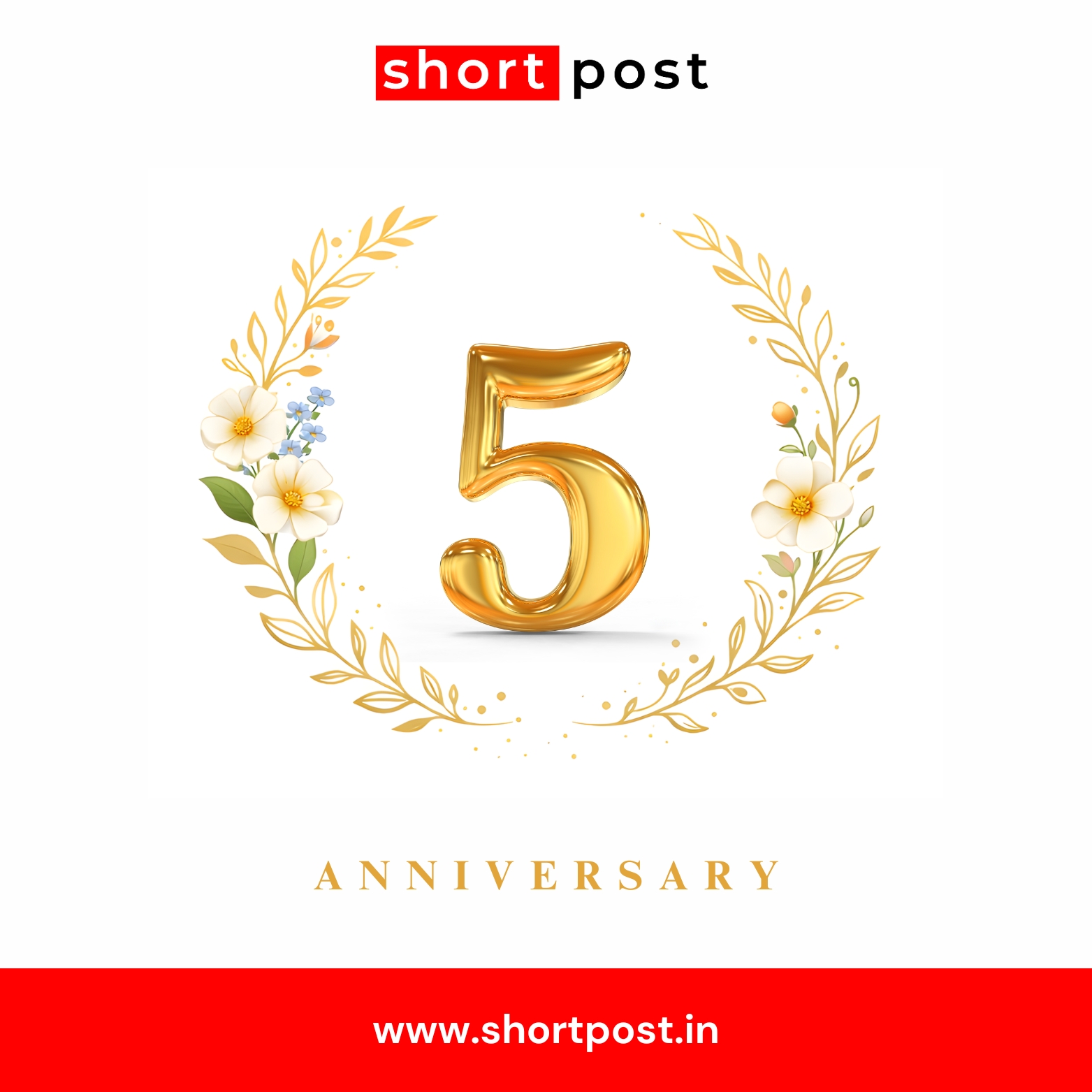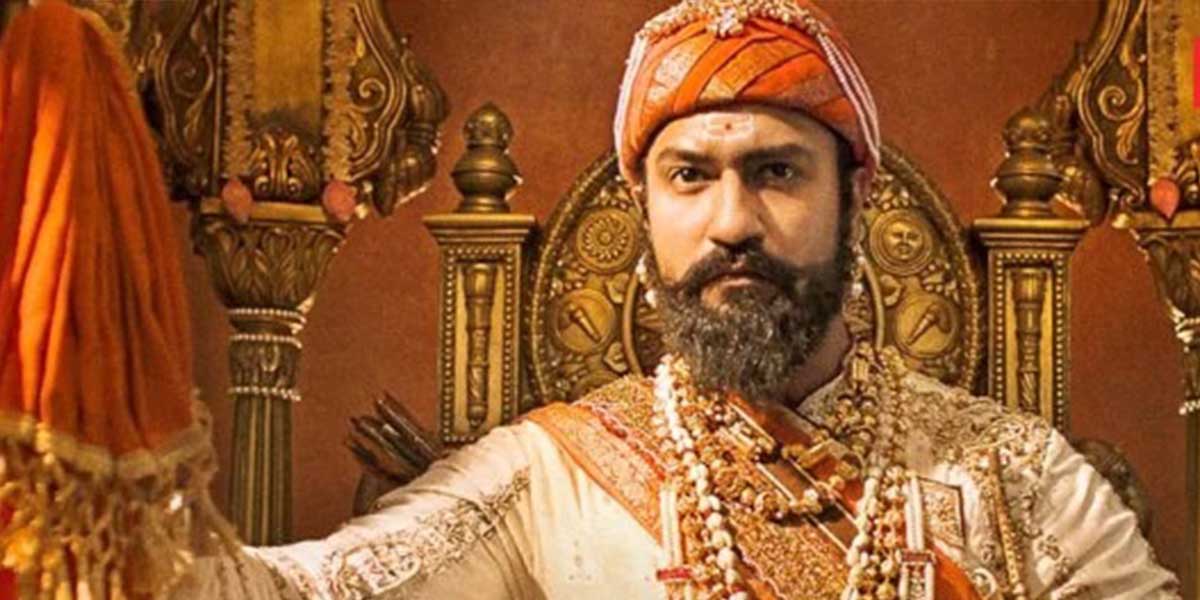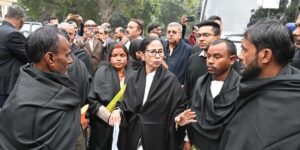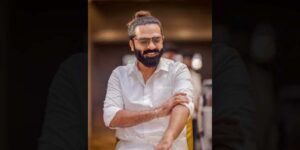The recent release of Chaava, featuring Vicky Kaushal and Rashmika Mandanna, has ignited significant discussions around the intersection of art and political scrutiny in India. While the film has garnered considerable buzz and attention at the box office, it has also faced backlash from various political groups, often dubbed as the “moral police.” This scrutiny particularly intensified around a promotional song featuring a traditional lezim dance that depicted the historical figure Sambhaji Maharaj in a manner some deemed inappropriate. Critics argued that the portrayal of the king dancing was historically inaccurate and disrespectful, prompting Maharashtra Minister Uday Samant to advocate for a review by historians to preserve the dignity of the Sambhaji Maharaj. In response to this pressure, director Laxman Utekar met with political leader Raj Thackeray and ultimately decided to remove the contentious scene. This incident reflects a growing trend where political entities feel entitled to intervene in Bollywood productions, raising concerns about the freedom of expression for artists. This pattern is not new; previous controversies, such as the uproar over the song “Besharam Rang” from Pathaan and the backlash against the song “Malhari” from Jodha Akbar which faced criticism for its use of the phrase “Vaat Laavli,” underscore the inconsistent responses from the industry and authorities. Sanjay Leela Bhansali, known for his grand historical narratives, has frequently found himself at odds with political outfits, from Jodha Akbar to Padmaavat to Gangubai Kathiawadi. This trend illustrates a troubling reality where the creative landscape is increasingly shaped by political agendas, often at the expense of artistic integrity and historical representation. As the lines between art and politics blur, it raises critical questions about the future of creative freedom in India.

 Politics
Politics Business
Business Entertainment
Entertainment Sports
Sports Celebrities
Celebrities





